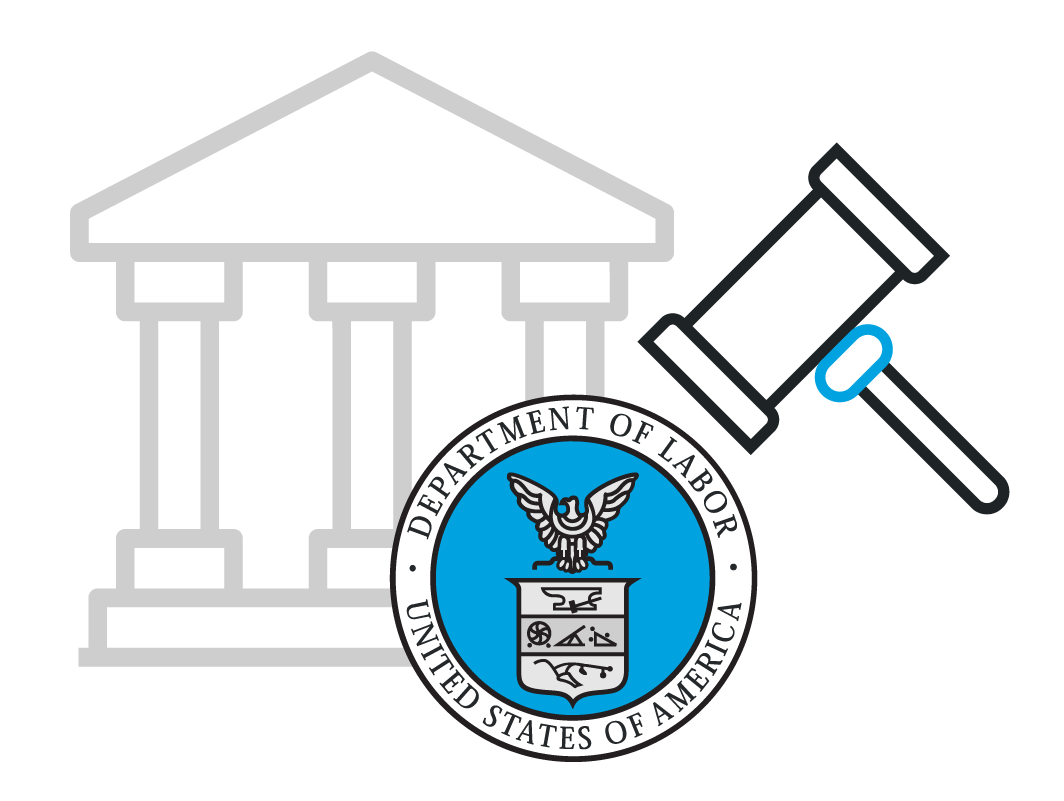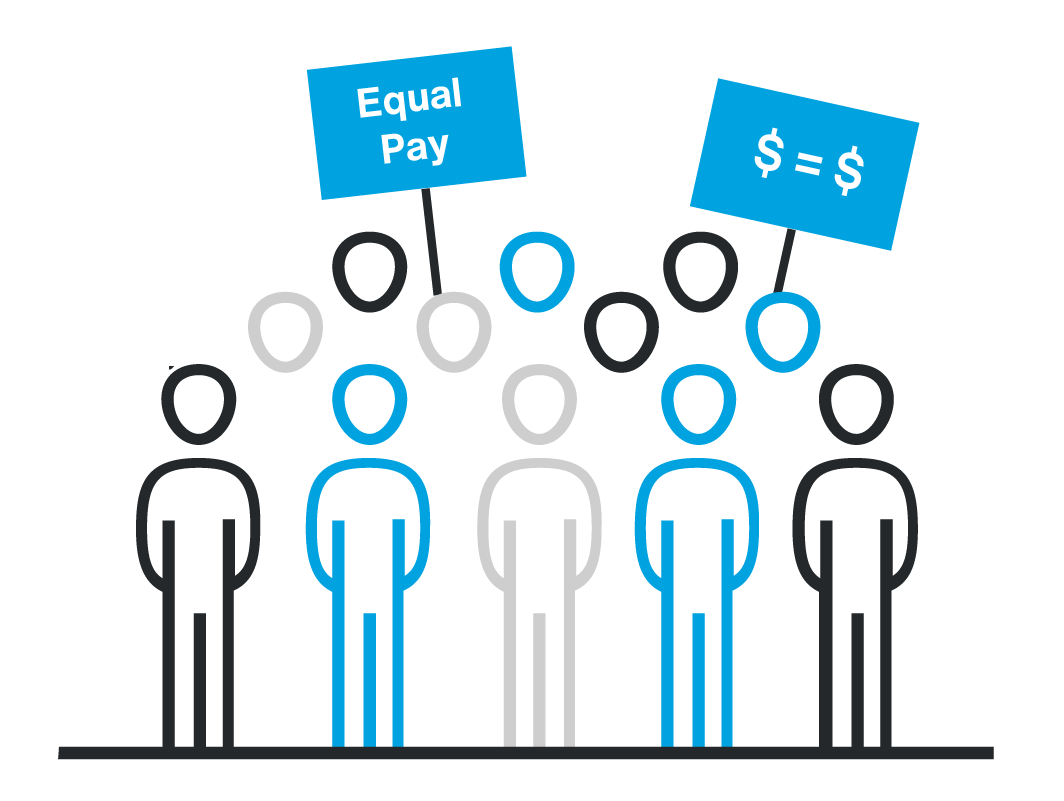AB2257 is Again Shifting How Workers are Classified as Independent Contractors or Employees

3 minute read
AB 2257 is, alongside other legislation, changing the way employers can classify independent contractors and employees. Since the California legislature passed AB 5 last fall, independent contractors and employers in California have found themselves sorting through new regulations designed to offset the costly and illegal misclassification of employees. With Proposition 22 on the California ballots this election cycle, the “New Era of Employee Misclassification” has become a common topic of discussion. The distinction between issuing a W-2 and 1099 for services rendered is no longer relegated to legal conversations on safe harbor loopholes, but has now been thrust into the limelight by TV ads and pop-up messages on rideshare apps.
It’s clear that, intentionally or not, the obligations to provide a minimum wage, overtime, payroll taxes, and contributions to Social Security, disability insurance, and Medicare are sidestepped by misclassification. Beside the cost to individual workers, the economic ripple effects of misclassification affect everything from a state’s labor market to its tax base. According to a report entitled (In)dependent Contractor Misclassification by the Economic Policy Institute:
“The loss of billions of dollars in tax revenue creates a significant financial burden for local, state, and the federal governments, not only due to lost revenue but also because of the added cost of providing social services to uninsured workers. Businesses also are harmed by the practice of worker misclassification. Law-abiding firms that pay their taxes and properly classify their workers as employees face a competitive disadvantage and may feel pressured to cut corners with their workers’ employment status if they wish to remain competitive.”
AB 5 sought to replace the “Borello” test with the “ABC test,” certifying that an individual providing services is presumed to be an employee unless all of the following requirements are met:
- the worker is free from control and direction of the hiring entity in the performance of the work, both under the contract for the performance of the work and in fact
- the worker performs work that is outside the usual course of the hiring entity’s business, and
- the worker is customarily engaged in an independent established trade, occupation, or business of the same nature as the work performed
This leap forward proved a pinch point for certain special interest groups. Thusly, the distinctions set out in AB 2257 (effective September 4, 2020) clarify California’s independent contractor laws, allowing for special classes of independent contractors to qualify under the more fluid “Borello” test, which weighs each factor of classification against the others — rather than requiring each rule to be fulfilled in total.
AB 2257 also creates an umbrella of “professional services” under which some jobs are subject to the “Borello” test — as well as including considerations for business-to-business services, referral agencies, and certain performers. Some of those job titles, however germane, may be proven exempt from full “employee” status by way of their relationship to the company. Therefore, it will be pivotal for employers to assess their workforces with care, not only to meet new requirements in pay data reporting, if applicable, but also to support initiatives regarding diversity, equity, and inclusion.



